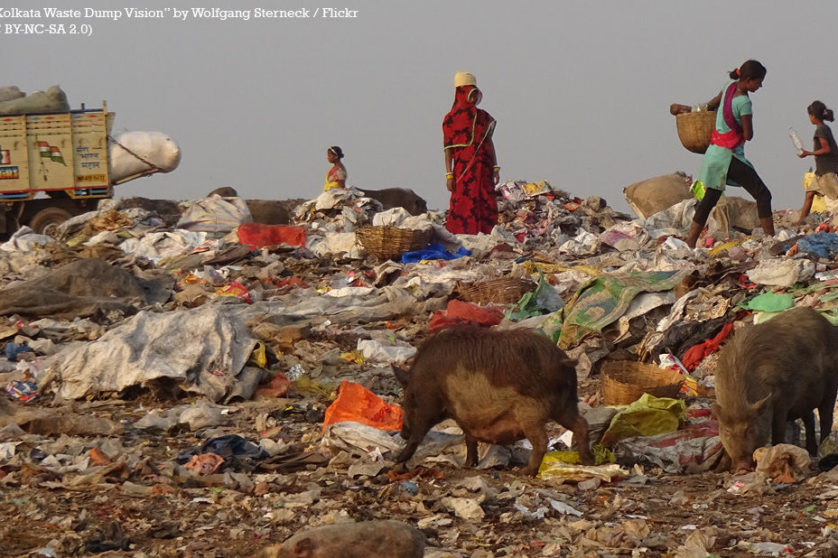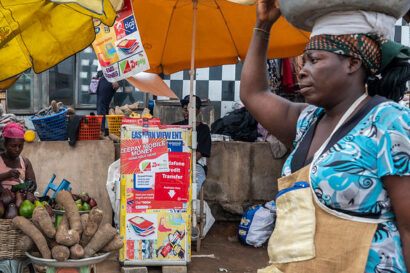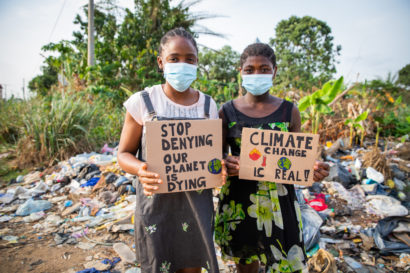With the plastic waste crisis gaining increasing attention, both developed and developing countries are under pressure to find solutions. Bans of single-use plastics have not succeeded in many cases. Could taxing plastic production be the answer?
India’s plastic problem
India generates over 25,000 tonnes of plastic every day, 40% of which is neither collected nor recycled. This leads to more than 550,000 tons of mismanaged plastic waste reaching the ocean every year, with drastic consequences for the environment and livelihoods. For example, the 5,000 fishermen from the town of Kollam in Kerala report catching more plastic than fish, and as part of a new project, have collected around 65 metric tons of plastic waste in less than a year.
India’s policy response so far
At the national level, Prime Minister Narendra Modi has set the goal of eliminating single-use plastic by 2022, and in March, India banned imports of plastic waste. At the state level, most governments have banned plastic bags, and four have banned single-use plastics. However, the bans have had mixed results. Variation between states on the types of products banned has caused confusion among consumers and retailers, while lack of buy-in from leaders and limited administrative capacity has led to weak and uneven enforcement. In some regions, the ban is openly defied, while in others traders have gone on strike arguing that it unfairly affects small retailers.
Plastics and the GST reform
One of India’s biggest tax reforms in recent history was the introduction of the Goods and Services Tax in July 2017. Prior to this, plastic was taxed at the national level via a 12.5% manufacturing duty and 5% VAT. In the new GST regime, plastic products are taxed at 18%. Although this didn’t substantially increase the cost of plastics, it did create further confusion due to the different types of plastic used in a wide range of products and the various rates and exemptions that might apply for different categories of goods, as well as the successive modification of GST rates.
Initial evidence points to the GST reform having a negative impact on plastic recycling, as during the first four months of implementation, it discouraged traders from buying recyclable plastic from ragpickers and scrap-sellers. The income of informal ragpickers fell by about 40%, and objections were raised by environmentalists and NGOs. As a result, the GST Council drastically reduced the rate from 18% to 5% on plastic and other waste in October 2017.
Taxing plastic production
While thus far plastic tax reforms in most countries have concentrated on taxing at the consumption level (like taxing plastic bags in supermarkets), taxes can also be targeted at the manufacturing level (for example on virgin materials as opposed to recycled materials in the production process). For example, the British Treasury announced a new tax on the manufacture and import of plastic packaging that contains less than 30% recycled content.
A tax of this kind would lead to several positive outcomes: increasing resource efficiency by reducing the use of virgin plastics and increasing the use of recycled plastics in production, which would create greater demand for recycled plastic upstream in the supply chain, and in turn expand incentives for increased collection and recycling of plastic material downstream. As such, this tax is a good example of a policy that facilitates transition from the linear economy (make, use, dispose, pollute) to the circular economy, where the maximum value is extracted from resources whilst in use, and then materials are reused, remade and recycled to their full potential in order to minimise waste.
A plastics tax for India
In order to tackle its plastic waste crisis, India should design a similar tax to the UK’s, which complements the existing GST regime. Although tax revenues are not generally earmarked for specific purposes, revenues from this tax could be allocated to enhancing plastic collection and recycling infrastructure, and improving the working conditions of ragpickers.
In order to move forward with the design and implementation of a plastics production tax in India, the next steps should be:
- Consulting with industry, government and NGO stakeholders in order to determine the most suitable point of intervention in the production of plastics.
- Examining the existing economic incentives and disincentives for plastic production, consumption and recycling, and evaluating how various tax design options would influence them.
- Building alliances with stakeholders from the taxation, environmental and waste management communities to ensure the design of the tax is appropriate and increase the likelihood of its effective and successful implementation.



